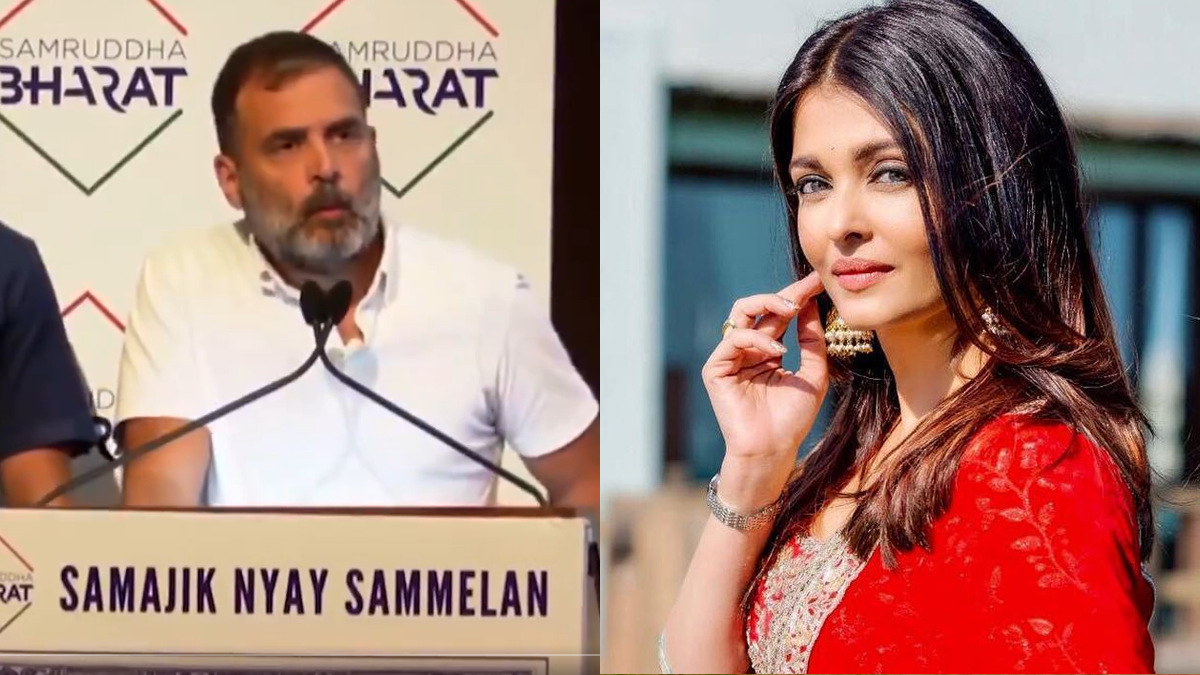India wants nuclear partners but no interference
VIENNA, Sep 19 (Reuters) India, whose nuclear pact with Washington faces domestic opposition, seeks international civil atomic cooperation but no interference in its fuel enrichment, its atomic energy agency chief said today.
Dr Anil Kakodkar, who was addressing an International Atomic Energy Agency assembly, met top IAEA officials but did not initiate talks on an IAEA inspections regime for its civilian reactors required for the US-India deal, diplomats said.
The accord has destabilised New Delhi's governing coalition.
Communist junior partners say the deal threatens India's sovereign nuclear energy programme, which has yielded both power and atomic bombs, and threaten to walk out if the deal proceeds.
''A new safeguards accord was not mentioned (in today's meeting).
It seems the Indians must resolve their domestic situation first.
They did not ask the agency to start drafting an agreement,'' said a senior diplomat close to the IAEA.
Dr Kakodkar did not mention the US-India cooperation pact in his address.
''We are looking forward to the possibility of opening up international civil nuclear cooperation,'' Dr Kakodkar said.
''We expect (this) to be sustainable, free from interruptions and consistent with national policy of closed fuel cycle.'' These ''interruptions'' refer to fears the US might, in the future, interfere in India's nuclear programme if it was unhappy with its direction and might impose curbs on Indian fuel enrichment that yields electricity or arms.
The pact is under fire from disarmament advocates since India never joined the nuclear Non-Proliferation Treaty (NPT) and tested atomic bombs. It would allow New Delhi to import US nuclear fuel and reactors to help meet soaring energy needs.
US TOUTS STRATEGIC POTENTIAL OF DEAL Washington touts the deal as inaugurating strategic ties between the world's two largest democracies, bringing India's civilian nuclear programme under international oversight for the first time and opening a lucrative market for US business.
Dr Kakodkar spoke a day after India's main Communist party urged the government not to take steps to realise the accord, such as an IAEA safeguards arrangement, for at least six months and warned of a ''political crisis'' if the government went ahead.
The accord would also require the approval of the 45-nation Nuclear Suppliers Group that governs global atomic trade, before being introduced in the U.S. Congress for ratification.
India will require a waiver from the NSG to put the deal through because the NSG officially does not approve trade with countries that have not signed the NPT.
''I think the US and India nuclear deal is...going to be successful, we are going to move forward on it, and you'll see that happen in the next few months,'' US Undersecretary of State Nicholas Burns told reporters in Ankara today.
US critics say the accord sends the wrong message: by rewarding a non-member of the NPT, it could undercut a US-led campaign to curtail Iran's shadowy nuclear programme and open the way for a potential arms race in South Asia.
India says 14 of its 22 nuclear facilities are civilian.
Dr Kakodkar said India was the only country now able to wheel out small pressurised heavy water reactors particularly suited for developing nations with small grids interested in nuclear energy with modest investments and infrastructure.
REUTERS
GL
BD2207


 Click it and Unblock the Notifications
Click it and Unblock the Notifications




